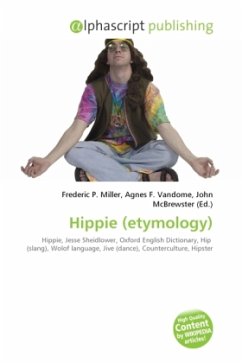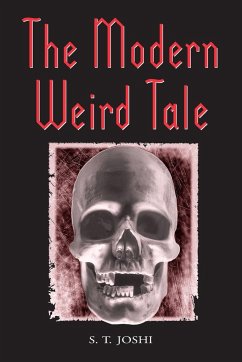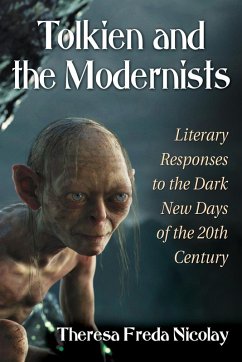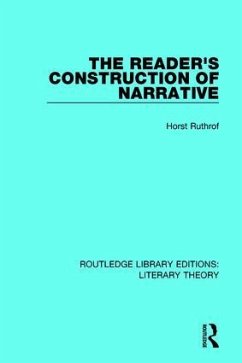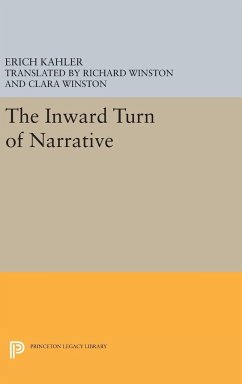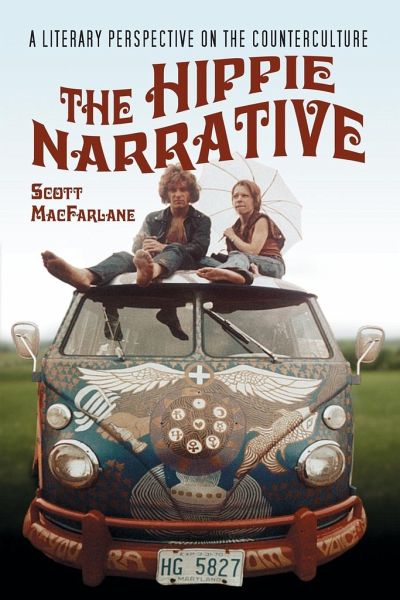
The Hippie Narrative
A Literary Perspective on the Counterculture
Versandkostenfrei!
Versandfertig in 1-2 Wochen
39,99 €
inkl. MwSt.

PAYBACK Punkte
20 °P sammeln!
The Hippie movement of the 1960s helped change modern societal attitudes toward ethnic and cultural diversity, environmental accountability, spiritual expressiveness, and the justification of war. With roots in the Beat literary movement of the late 1950s, the hippie perspective also advocated a bohemian lifestyle which expressed distaste for hypocrisy and materialism yet did so without the dark, somewhat forced undertones of their predecessors. This cultural revaluation which developed as a direct response to the dark days of World War II created a counterculture which came to be at the epice...
The Hippie movement of the 1960s helped change modern societal attitudes toward ethnic and cultural diversity, environmental accountability, spiritual expressiveness, and the justification of war. With roots in the Beat literary movement of the late 1950s, the hippie perspective also advocated a bohemian lifestyle which expressed distaste for hypocrisy and materialism yet did so without the dark, somewhat forced undertones of their predecessors. This cultural revaluation which developed as a direct response to the dark days of World War II created a counterculture which came to be at the epicenter of an American societal debate and, ultimately, saw the beginnings of postmodernism. Focusing on 1962 through 1976, this book takes a constructivist look at the hippie era's key works of prose, which in turn may be viewed as the literary canon of the counterculture. It examines the ways in which these works, with their tendency toward whimsy and spontaneity, are genuinely reflective of the period. Arranged chronologically, the discussed works function as a lens for viewing the period as a whole, providing a more rounded sense of the hippie Zeitgeist that shaped and inspired the period. Among the 15 works represented are One Flew Over the Cuckoo's Nest, The Crying of Lot 49, Trout Fishing in America, Siddhartha, Stranger in a Strange Land, Slaughterhouse Five and The Fan Man.





